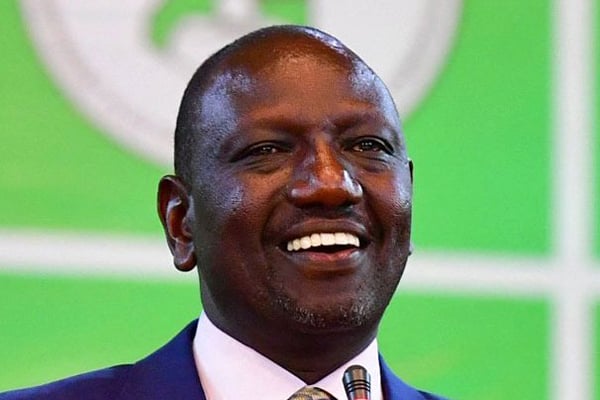Ruto inherits KSh10 trillion debt, stalled projects burden from Uhuru

Kenya’s president-elect William Ruto
What you need to know:
- By June this year, the national government had accumulated over KShs504 billion in pending bills, mainly borne by state corporations, according to the latest report from the National Treasury
Kenya’s president-elect William Ruto will inherit from his predecessor Uhuru Kenyatta’s government a burden of nearly KShs10 trillion in stalled projects and debts owed to contractors and suppliers.
This sets an immediate challenge for the incoming head of state as he is expected to balance between running government functions and settling the debts that continue to incur interest and penalties, even as both local and international bodies warn that some of the projects may need to be cancelled.
By June this year, the national government had accumulated over KShs504 billion in pending bills, mainly borne by state corporations, according to the latest report from the National Treasury.
“The state corporations’ pending bills include payment to contractors/projects, suppliers, unremitted statutory and other deductions, pension arrears for Local Authorities Pension Trust, and others,” the Treasury stated in its 2021/22 annual economic and budgetary review report.
Historical bills
“The highest percentage of the state corporations’ pending bills (65.5 per cent) belong to contractor/projects and suppliers.” Pending bills for ministries, state departments and other government entities constituted mainly “historical bills for the last two years”.
The Controller of Budget (COB), in a report on the national government’s budget execution in the nine months to March 2022, noted that only Sh10.88 billion in pending bills had been settled.
The COB recommended that all government ministries and agencies and state corporations “ensure payment of the eligible pending bills [is] honoured as guided by the National Treasury Circular No.7/2019, which states that pending bills be prioritised as a first charge in the subsequent cycle of budget implementation, which most MDAs seem not to comply [with],” the report observed.




